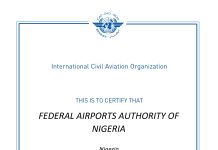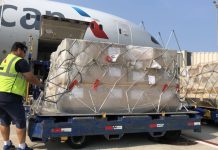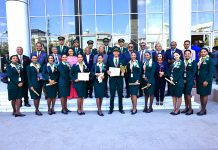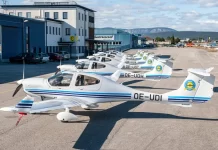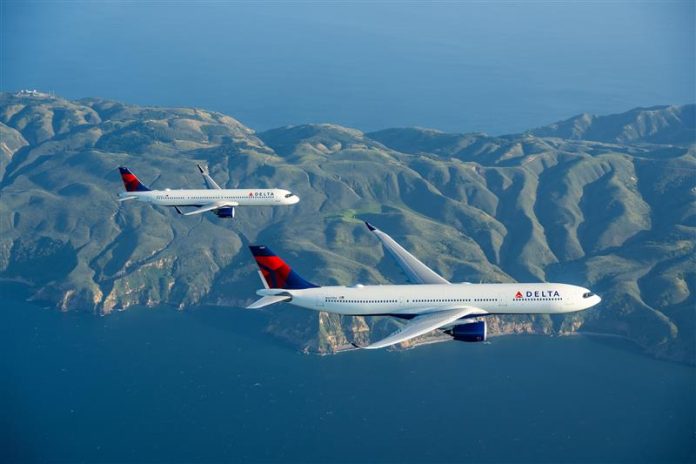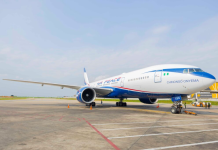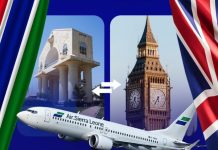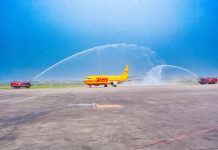As Delta celebrates turning 100, the global airline is working to shape the future of the next century of flight. A new partnership with Airbus UpNext will position the world’s leading aircraft manufacturer and its largest operator at the forefront of advancing next generation aviation technologies to revolutionize the future of flying.
Ed Bastian, CEO of Delta Air Lines, emphasized the airline’s commitment to expanding global access to travel during his keynote at CES 2025 in Las Vegas. “It’s estimated that 80 percent or more of the world’s population has never experienced air travel,” he remarked. “That’s why, as we continue to expand as an international airline, increasing the world’s access to travel isn’t just an opportunity – it’s our responsibility. We live in a divided world, which is why what we do at Delta is so important. Our job isn’t to transport people. It’s to bring them together.”
Delta’s recent announcement showcases a strengthened collaboration with Airbus, focusing on innovative and sustainable advancements in aviation. This partnership continues their multi-decade relationship, with a focus on driving technological progress through a network of innovation labs. Together, Delta and Airbus are working on early-stage solutions to revolutionize aviation. Projects include enhancing wing performance, improving fuel efficiency, exploring superconductivity, and advancing aircraft assistance technologies. Delta will actively participate in developing and testing these innovations, providing feedback and observing experimental trials to refine the concepts.
One of the most intriguing initiatives involves testing a new flying technique inspired by migrating geese, developed by Airbus and known as fello’fly. This technique involves pairing flights, where the lead aircraft generates an uplift that reduces fuel consumption for the trailing aircraft. This method, known as wake energy retrieval, holds significant promise for improving fuel efficiency. Delta plans to participate in the next phase of flight tests, scheduled for late 2025.
In addition to exploring new technologies, Delta and Airbus are focusing on scaling the use of Sustainable Aviation Fuel (SAF), a critical component in reducing the airline industry’s carbon footprint. Airbus has committed to joining the Minnesota SAF Hub, a groundbreaking coalition aimed at accelerating the decarbonization of air travel. Airbus will also join a demand consortium with a long-term commitment to purchasing SAF, addressing the limited global supply of this crucial resource.
Airbus has been a key partner in Delta’s Sustainable Skies Lab since its inception at CES 2023. The lab’s mission aligns with Delta’s vision of reducing the environmental impact of aviation. Their collaboration has already yielded progress in areas such as hydrogen-powered aircraft exploration through Airbus’s ZEROe project. By combining their resources and expertise, Delta and Airbus aim to unlock practical innovations that pave the way for a more sustainable future of flight.


